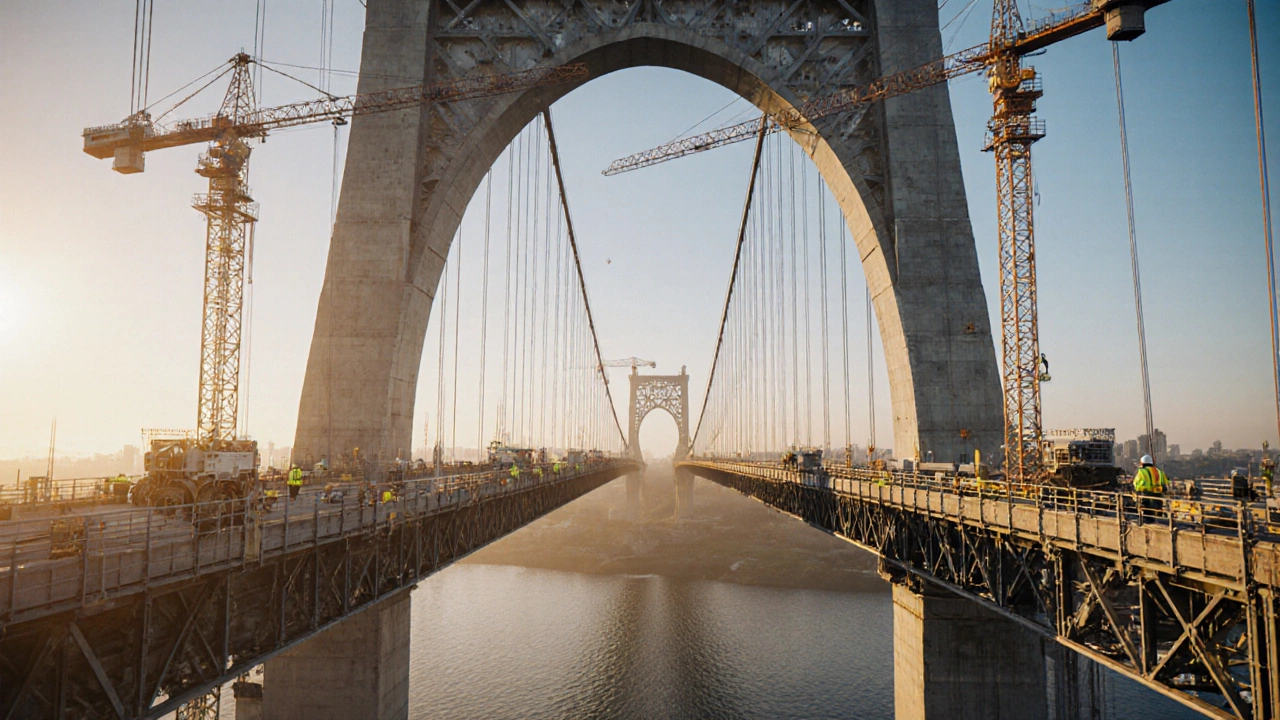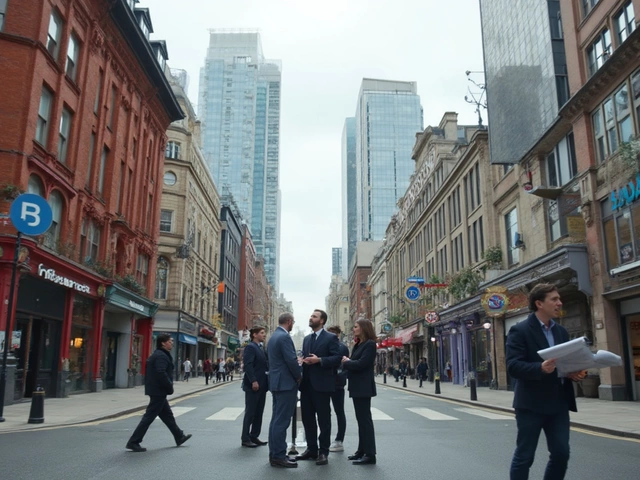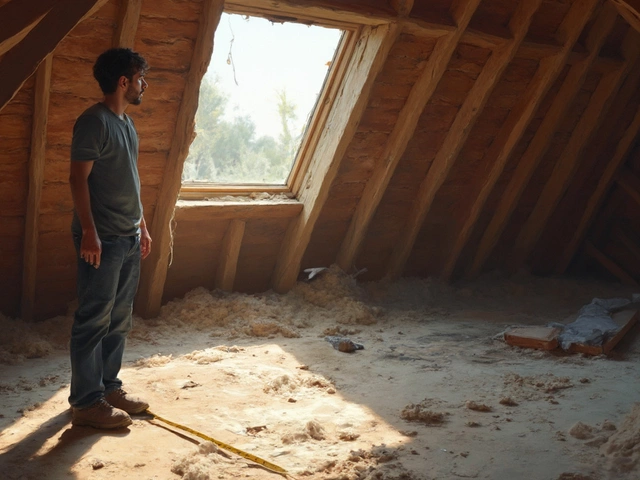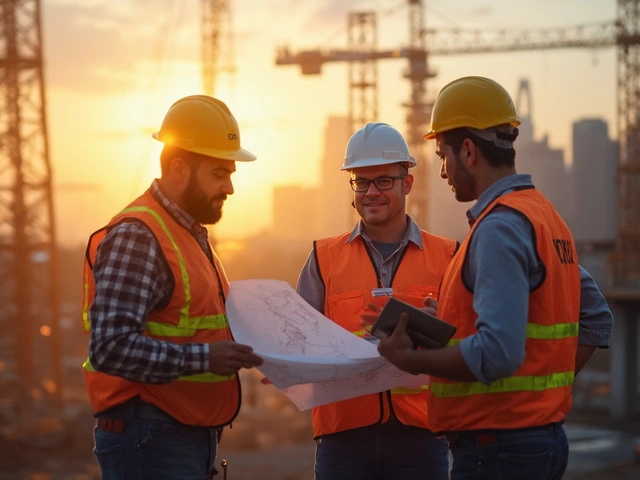Civil vs Commercial Construction: Key Differences Explained
When people talk about civil construction, infrastructure projects like roads, bridges, and water systems built for public use. Also known as public works, it focuses on large-scale, community-focused infrastructure that supports daily life. commercial construction, buildings designed for business use—offices, retail stores, hotels, and warehouses. Also known as non-residential construction, it prioritizes function, high traffic flow, and strict safety codes for employees and customers. These two types aren’t just different in size—they’re built for completely different reasons.
Civil construction is all about moving people and resources. Think highways that connect cities, sewage systems that keep neighborhoods clean, or dams that manage water supply. These projects don’t have tenants—they serve everyone. They’re governed by government standards, often funded by taxes, and built to last decades under heavy use. Commercial construction, on the other hand, is about profit and efficiency. A shopping mall needs wide hallways, strong HVAC systems, and fire exits that meet occupancy limits. A bank branch needs secure zones and ADA-compliant access. The materials differ too: civil projects use heavy-duty concrete, steel, and asphalt; commercial builds lean toward glass, drywall, and modular systems that allow for faster finishes.
The rules are different, too. Civil projects follow transportation and environmental codes; commercial ones follow building codes tied to occupancy type—like IBC or local fire regulations. Permits for a bridge aren’t the same as for a restaurant. You can’t just slap a retail sign on a warehouse and call it done—you need inspections for electrical load, exit signage, and even how many restrooms are required based on expected foot traffic. And while a home might settle quietly over 20 years, a commercial building’s foundation must handle constant vibration from delivery trucks, elevators, and crowds.
That’s why you won’t see the same crew doing both. Civil teams specialize in earthmoving, surveying, and large-scale logistics. Commercial crews focus on interior finishes, tenant fit-outs, and tight timelines. One builds the road you drive on. The other builds the store you walk into. Both matter. But mixing them up leads to costly mistakes.
Below, you’ll find real breakdowns of what each type involves—from the materials used to the licenses required, and how they impact your project whether you’re renovating a shop or planning a new office. No fluff. Just what you need to know to make the right call.
Civil vs Commercial Construction: Key Differences Explained
Explore the key differences between civil and commercial construction, from project purpose and funding to permits, design standards, and budgeting, with a handy checklist and FAQs.





